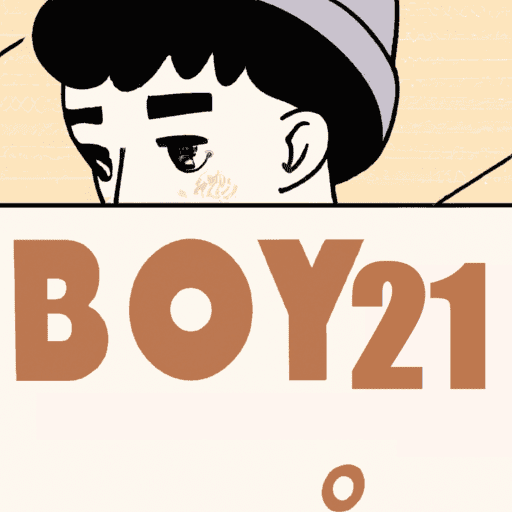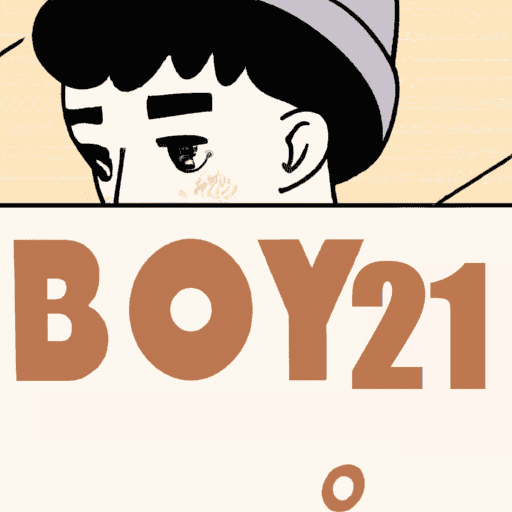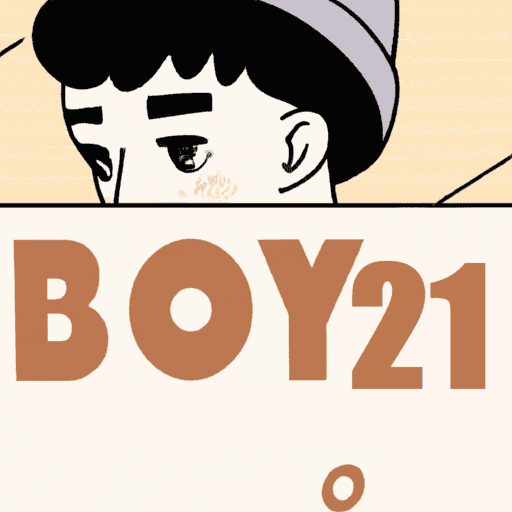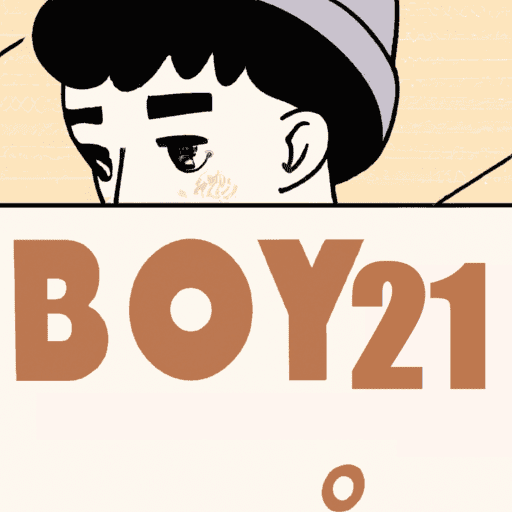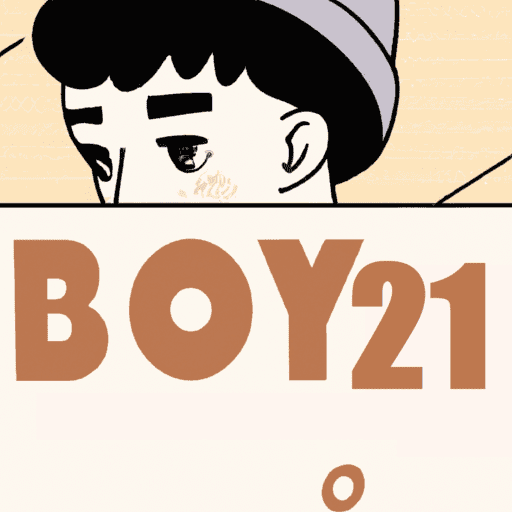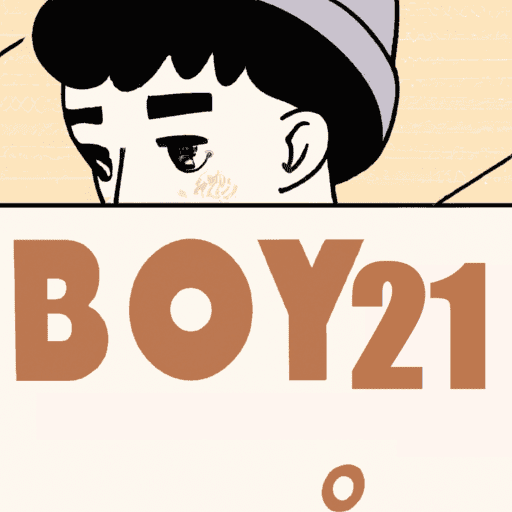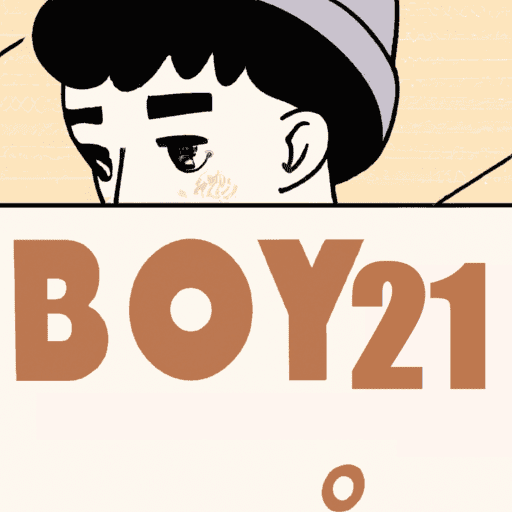
How do the characters in "Boy21" confront or deal with racial tensions present in their community?
Matthew Quick’s coming-of-age novel Boy21 highlights racial tensions experienced by African American teens growing up in the predominantly white former mining town of Bellmont. Protagonist Finley, as the only white player on the high school basketball team, occupies a complex middle ground in observing his black teammates endure microaggressions and exclusion. An analysis of these key characters offers insight into Quick’s nuanced take on persisting racism.
Snookie's Struggle: Navigating Racial Bias and Low Expectations
Finley’s best friend on the team, Clarence “Snookie” Sampson, feels the constant strain of being made to feel “other” in white social spheres. Quick depicts how racial targeting of even minor infractions leads teachers to reprimand Snookie disproportionately. More insidiously, white adults infantilize Snookie, assuming he is not college-bound despite his clear intellect. Quick exposes how even well-meaning liberal racism belittles black potential.
New student Russ receives immediate scrutiny in Bellmont for his race, despite obviously needing support to process extreme trauma. Quick illustrates how Russ must proved his worth through stellar basketball skills to gain even cursory acceptance. Furthermore, Russ’s trauma goes ignored until causing external disruption. Quick implies society still interprets black pain primarily through white lenses.
Bellmont's Deep-Rooted Racism: The Role of Complacency
While acute, racism appears almost ambient in Bellmont rather than confrontational. Quick ultimately links complacency across Bellmont’s adults, regardless of race, to a culture of low aspirations bred by the town’s decline. Pessimism and resentment supersede active change, though glimmers of hope exist in those who still dare to dream.
Racism in Boy21
Through Boy21’s empathetic lens, Quick insightfully explores modern manifestations of racism in depicting slights and dismissals society has normalized. Bellmont represents the work still required, even in progressive bubbles, to make inclusion feel real not nominal. Quick suggests we all bear responsibility to keep listening, growing, and speaking against any inequities observed, on personal and systemic levels.
